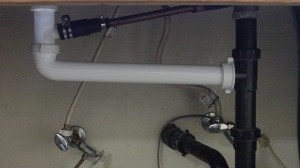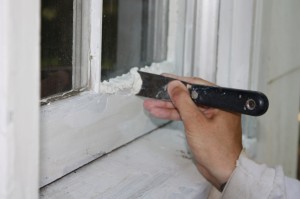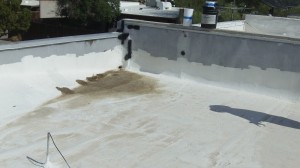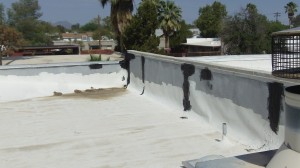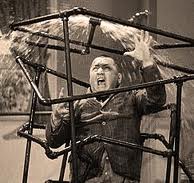What do millionaires do that most people do not do?
Go into Politics?
By their own Starbucks?
Become a bearded recluse?
These are some things that millionaires do, but according to Thomas Stanley, in “The Millionaire Next Door,” most American millionaires own their own houses, and they own at least one rental property.
My perspective is, “If it works for millionaires, it ought to work for us too.”
Michangelo said, “The greatest danger for most of us is not that our aim is too high and we miss it, but that it is too low and we hit it.”
The American Association of Realtors state, “the average person purchases 7 houses during the course of their lifetime.”
The common path most people follow is to sell the home that they currently live in, then use the cash from that sale to buy a new house. But, these houses are actually valuable assets that can provide long-term family security.
Do n0t kill the goose that lays the golden eggs!
What I propose, is that instead of selling your old home, just refinance it, and use that money as a down payment on your next house. Now you own two houses. One for you and your family, and the second home is working for you.
Two immediate advantages are: 1) you have a new source of “passive” income; 2) your equity accelerates like a race car. Equity is the how much the house is worth minus how much you owe. On average, a house will increase in value about 5% per year.
For example, if you purchase a house today for $200,000, you have no equity. But, if you keep that house for 20 years, you will have accumulated $100,000 in equity. If you owned 2 houses, you would have accumulated $200,000 in equity.
Let me tell you the astonishing story about my wife and I. We are partners in marriage and in our real estate business. Who says married couples can not be business partners? And the good thing is, we have never considered divorce. Murder sometimes, but never divorce.
I had a steady salary as a university researcher in 2001. When the World Trade Center was bombed in 2001, my salary was cut in half, as federal grants that funded my job were diverted to the War on Terror.
I had a very intense period of soul searching and research, along with gratuitous whining and moping.
My wife and I decided that a real estate business was the way to go. We bought a course from a TV Info-mercial. At that point, I felt we had crossed the Rubicon!
It was easy to start a business because real estate investing didn’t require any special license, training, or degree.
We found an inexpensive fixer upper house in a relatively nice neighborhood. We moved into it while we made repairs. Most importantly we did not sell our original house. We rented it out.
The first thing we did was to get one of the bathrooms into working order. My wife’s stance was, “I am not living in that house unless at least one bathroom is fully operational.” Who can argue with a mother’s logic?
Now we have done it for 20 years, we’ve had 3 rental houses, and last year we sold one of the houses. My 2 sons have worked side by side with us on the houses. It wouldn’t surprise me if they purchase their own rental houses in the future.
I say, “Let’s do what millionaires do. If it works for them, it can work for us too.”
It worked so well, my wife and I wrote a book about our experiences, entitled, “Turn Your Home into a Rental House Instead of Selling It!”
—–
This is a speech I delivered to “From Pen to Podium” Toastmasters, 3.27.2021.


